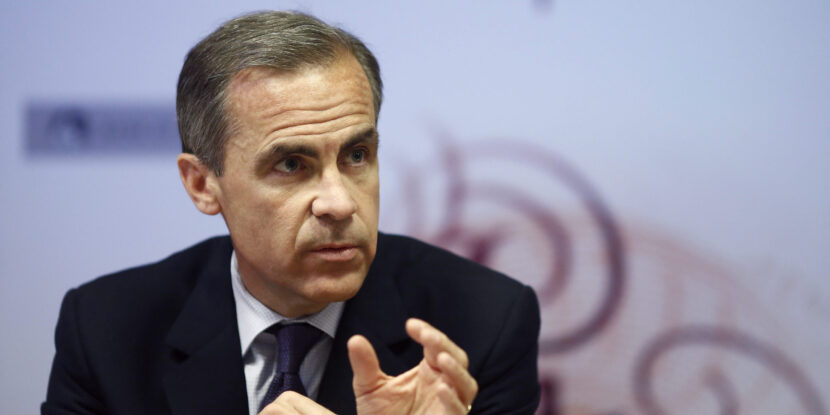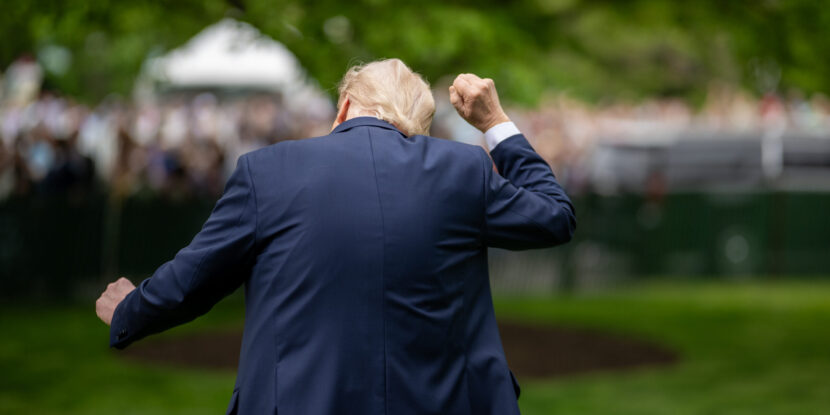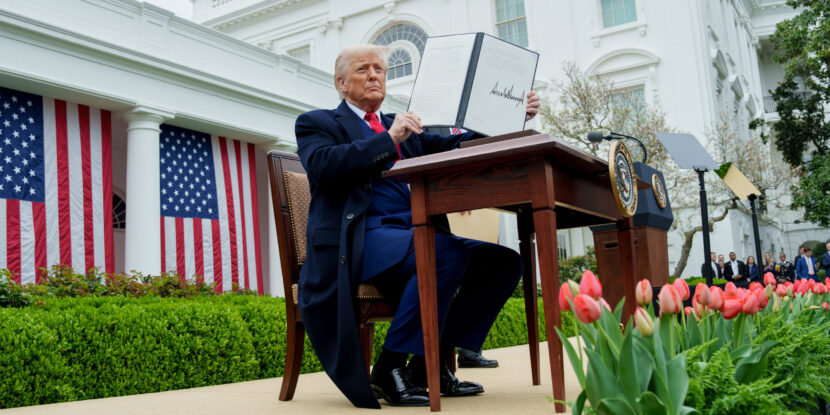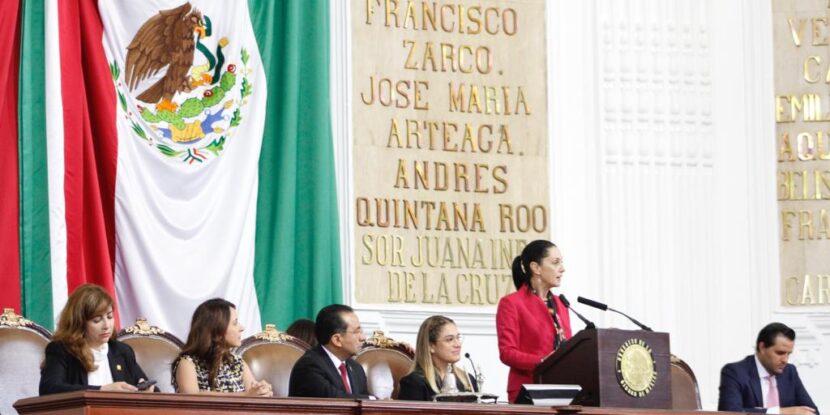PULSE POINTS:
❓What Happened: Canadian Prime Minister Mark Carney announced he will travel to the White House in Washington, D.C. next Tuesday for a meeting with U.S. President Donald Trump amidst ongoing trade tensions. The former central banker for both the Bank of Canada and the Bank of England stressed that he intends to fight for the best possible trade deal for Canada.
👥 Who’s Involved: Canadian Prime Minister Mark Carney and U.S. President Donald Trump.
📍 Where & When: Meeting at the White House, Washington, D.C., on Tuesday, May 6.
💬 Key Quote: “We are meeting as heads of our government. I am not pretending those discussions will be easy,” Carney said, adding: “Our old relationship, based on steadily increasing integration, is over. The questions now are how our nations will cooperate in the future and where we in Canada will move on.”
⚠️ Impact: The meeting signifies a pivotal diplomatic engagement amidst altered Canada-U.S. relations, with potential implications for trade between the two nations and Canadian sovereignty.
IN FULL:
Canadian Prime Minister Mark Carney is set to visit the White House on Tuesday to meet with U.S. President Donald J. Trump. This meeting comes amidst heightened tensions over trade and national sovereignty. Carney’s Liberal Party narrowly won enough parliamentary seats to form a minority government, as no other party or coalition can control a majority. Despite the close contest, Carney has attempted to frame his victory as a rebuke of President Trump’s tariff policies and push to absorb America’s northern neighbor.
“We are meeting as heads of our government. I am not pretending those discussions will be easy,” Carney stated at a press conference on Friday. He added: “Our old relationship, based on steadily increasing integration, is over. The questions now are how our nations will cooperate in the future and where we in Canada will move on.”
The Liberal Party leader and former central banker, who replaced former Prime Minister Justin Trudeau following his resignation from office in March, said that while he has already had constructive conversations with President Trump, “My government will fight to get the best deal for Canada.”
Currently, the United States tariffs Canadian imports at 25 percent, except for energy and potash exports, which are only subject to a 10 percent rate. The U.S. tariffs and President Trump’s repeated assertion that he would like to see Canada become America’s 51st state have become serious points of contention for Carney.
show less










